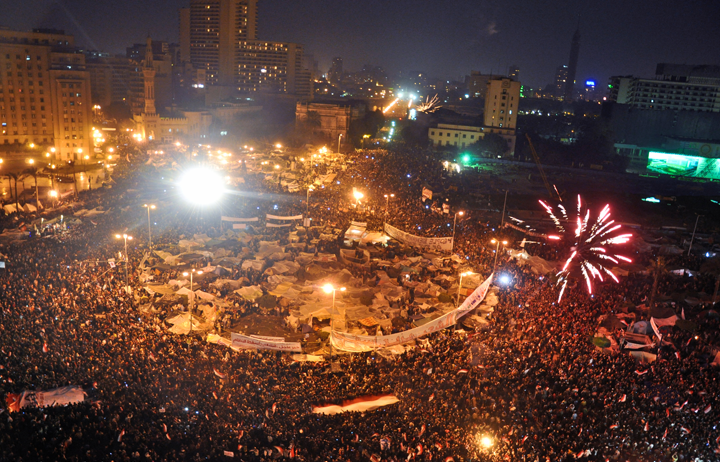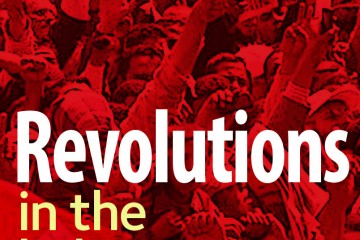
The remnants of the Arab Spring are still casting ugly shadows
Last week, three men were executed. Three men whose fate I had grown to care about from the shelter of a media centre in North London. Almost a year ago to the day, I began researching and producing a documentary that investigated the imprisonment of three men in a Bahraini jail: 21 year old Ali al-Singace, Abbas al-Samea, 27, and Sami Mushaima, 42. They were at the heart of a story that cried for diplomatic intervention, with overwhelming evidence that suggested they had been arrested, in reality, not for the killing of three policemen in a bomb blast in 2014, but for the crime of opposing their government. It was hard not to grimace at the pictures of the wounds …

Bahrain beyond 2011: an economy on the upswing?
The decision taken by France’s Credit Agricole and Japan’s Tokyo-Mitsubishi bank to leave Bahrain following the unrest in 2011 sparked widespread fears of a mass exodus of financial institutions and led to a slump in investor confidence, casting a shadow of doubt over the performance of Bahrain’s economy. However, three years later, these initial fears seem rather misplaced. Despite a drop in investor confidence, Bahrain’s financial sector has remained intact, and economic growth has rebounded to pre-2011 levels. In the 1980s, in the wake of the Lebanese Civil War, Bahrain established itself as a regional financial center. In recent years, Bahrain has faced intense competition from Dubai and increasingly Qatar, but it has proven resilient due to its solid regulatory …









